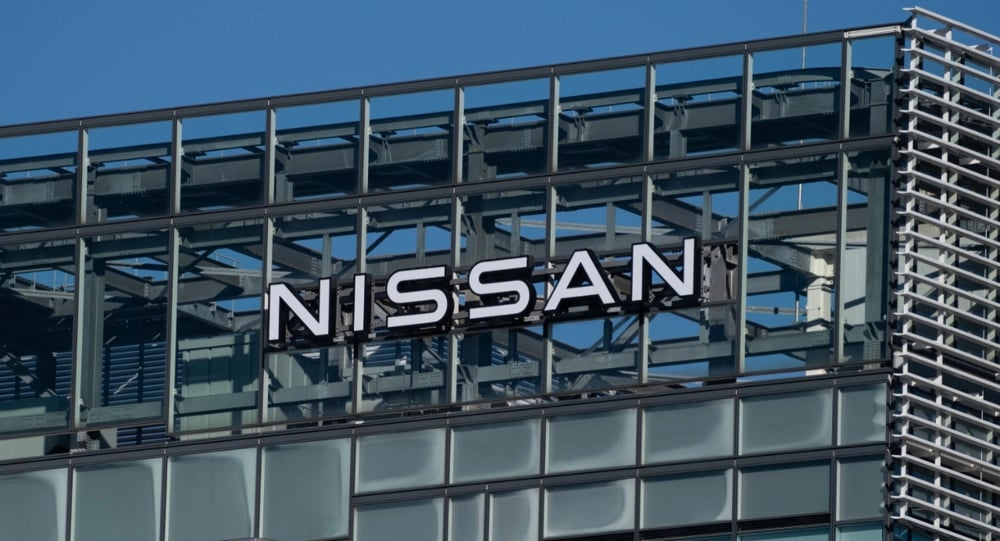Nissan's Restructuring: Job Cuts and New Challenges
Nissan Motor Co. $NSANY has once again caught attention by announcing a large-scale restructuring plan that will affect more employees than initially expected. According to information from Japanese broadcaster NHK, the total number of job cuts will reach approximately 20,000, equivalent to 15% of the company's overall workforce. These measures are a response to declining sales in key markets such as the US and China, as well as a dramatic drop in net profit.
Reasons Behind Increased Job Cuts
In November of the previous year, Nissan initially planned to cut 9,000 positions. However, unfavorable economic conditions prompted management to reassess their strategies. The main factors contributing to the deepening crisis include:
Declining demand for vehicles in the US and China;
Competition from other automakers;
Rising production and logistics costs;
Shifting consumer preferences toward electric vehicles and new transportation technologies.
Nissan faces a staggering 94% drop in net profit in the first half of the fiscal year, prompting the need for radical measures.

Geography of Cuts
Job reductions will occur both in Japan and abroad. This move will not only impact the company but also the economies of the countries where Nissan has production facilities. The main aspects of the geography of cuts are:
Japan: closure of plants and offices with the highest employee counts.
China: reduction of workforce due to falling demand.
United States: reorganization of existing facilities to improve operational performance.
This approach to restructuring demonstrates Nissan's commitment to maintaining profitability amid fierce competition.
Potential Consequences for Nissan
Restructuring is not merely about cutting jobs; it also poses long-term challenges for the company. The primary consequences Nissan may face include:
Deterioration of its reputation as a reliable employer, potentially deterring future candidates;
Slower production processes due to workforce reductions;
The risk of losing skilled professionals, complicating the optimization of business processes.
These factors could significantly impact the company’s ability to adapt to new challenges and maintain competitiveness.

Conclusion
The situation Nissan finds itself in reflects global trends in the automotive industry that require quick and effective reactions from manufacturers. Large-scale job cuts are not just a cost-saving measure; they also highlight the necessity of rethinking business models in a changing market. It is essential to note that the success of the restructuring will depend not only on cost reductions but also on the company’s ability to adapt to new consumer demands and technological advancements.
Given all these factors, Nissan faces challenging times ahead, and the future of its growth amid increasing competition and varying demand will heavily rely on its strategic response.















Comments
This drastic move is a wake-up call for the entire automotive industry to adapt or risk falling behind.
It's tough to see such significant cuts at Nissan, but hopefully, this restructuring paves the way for a stronger future.